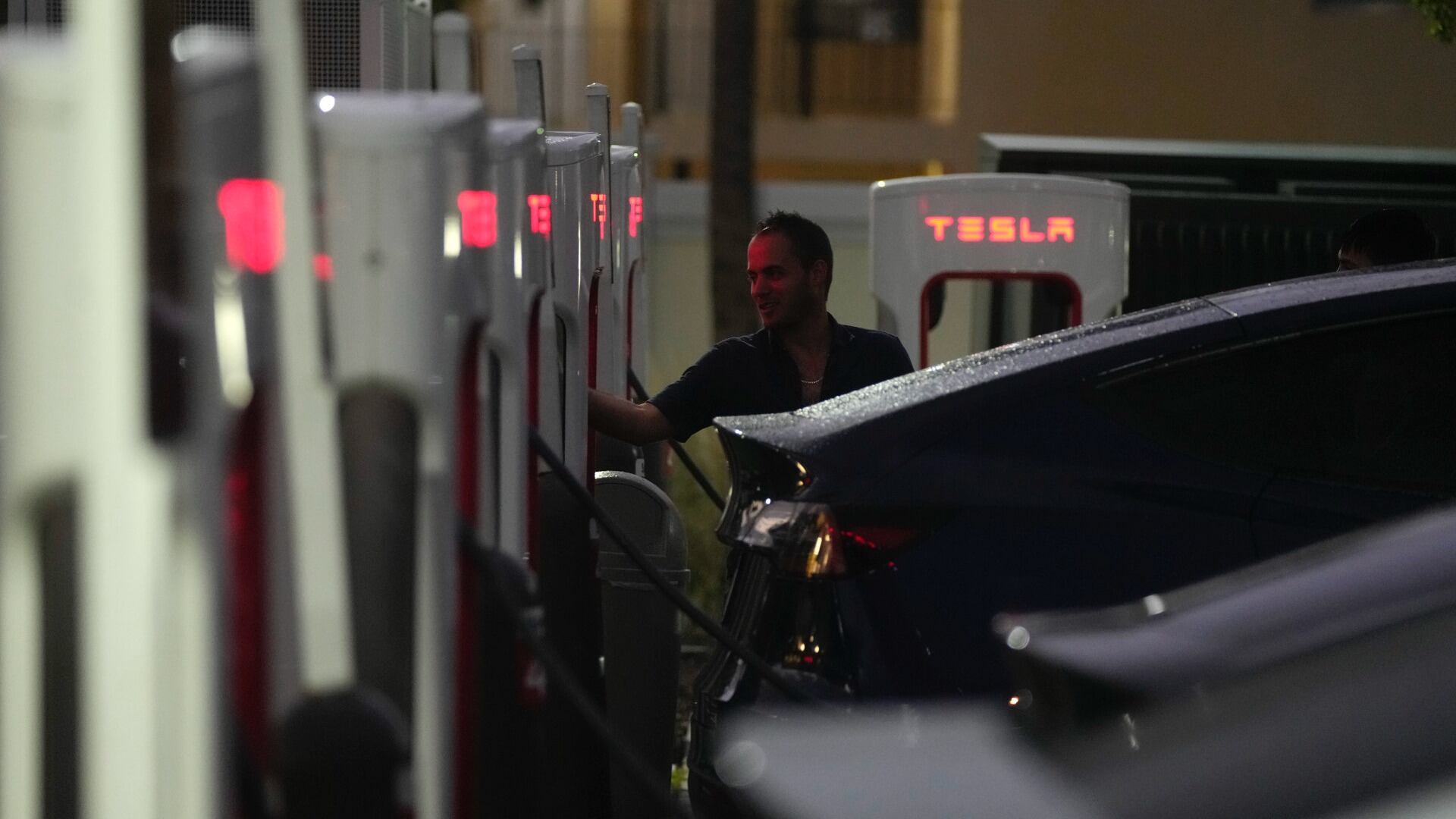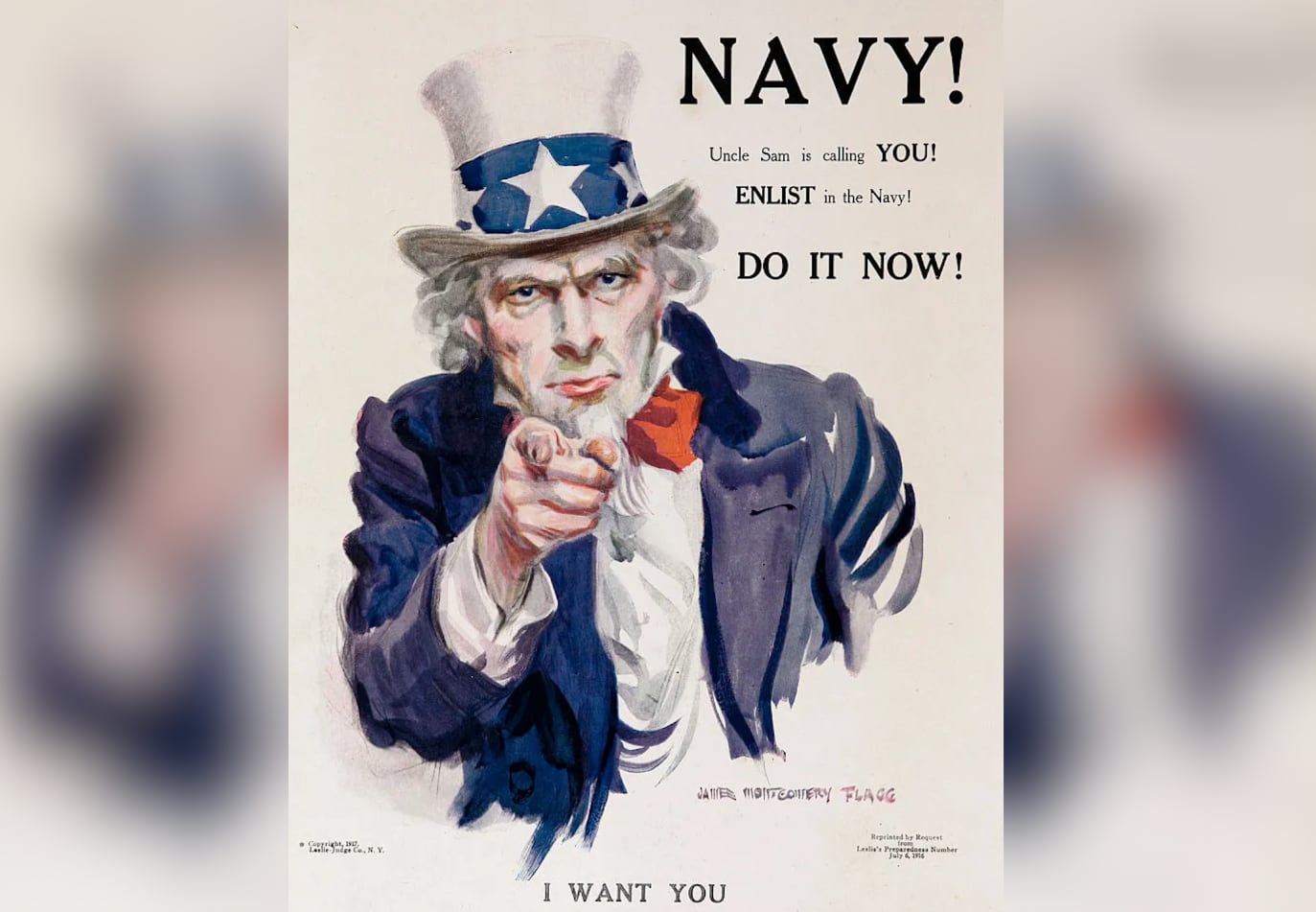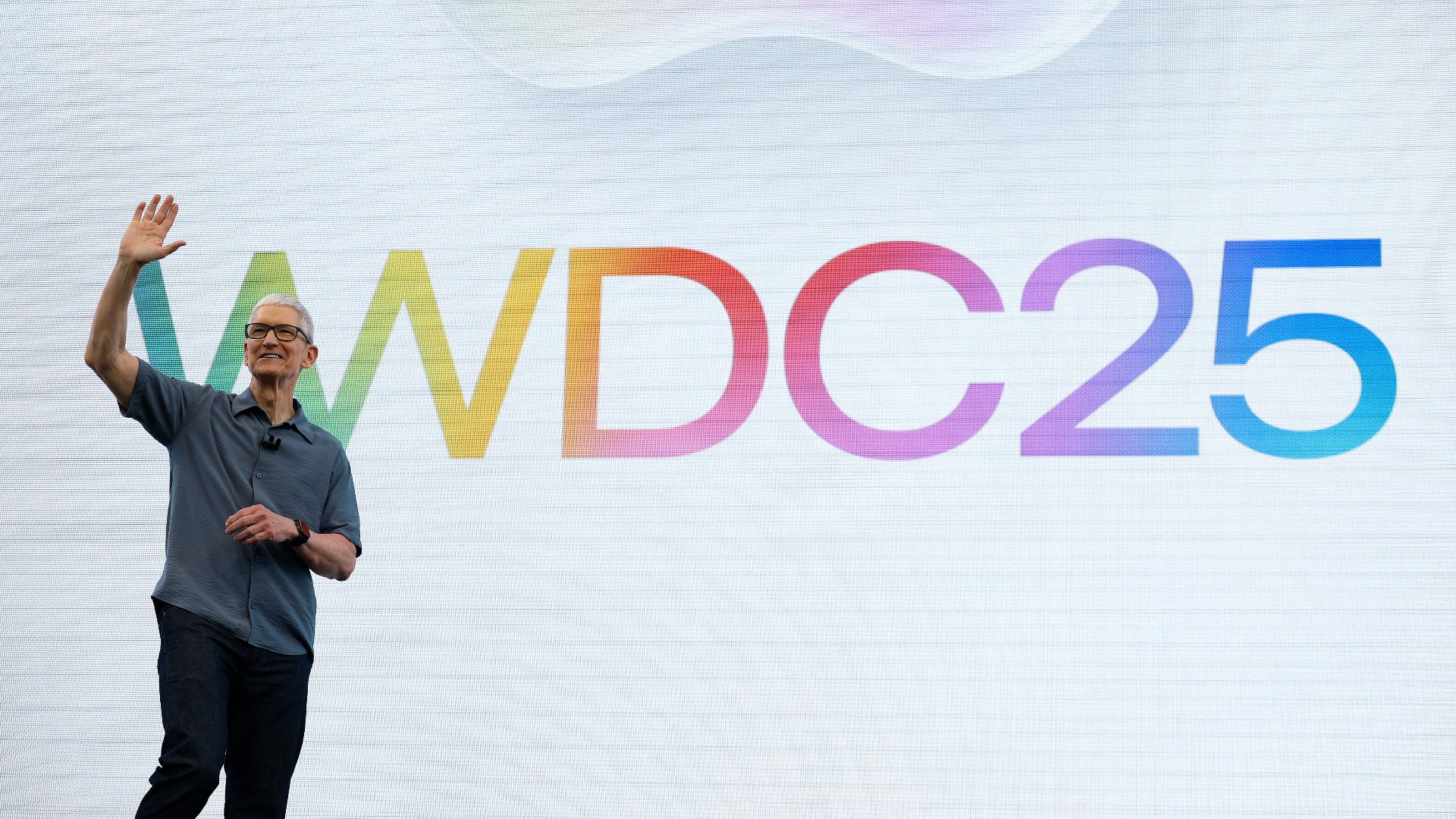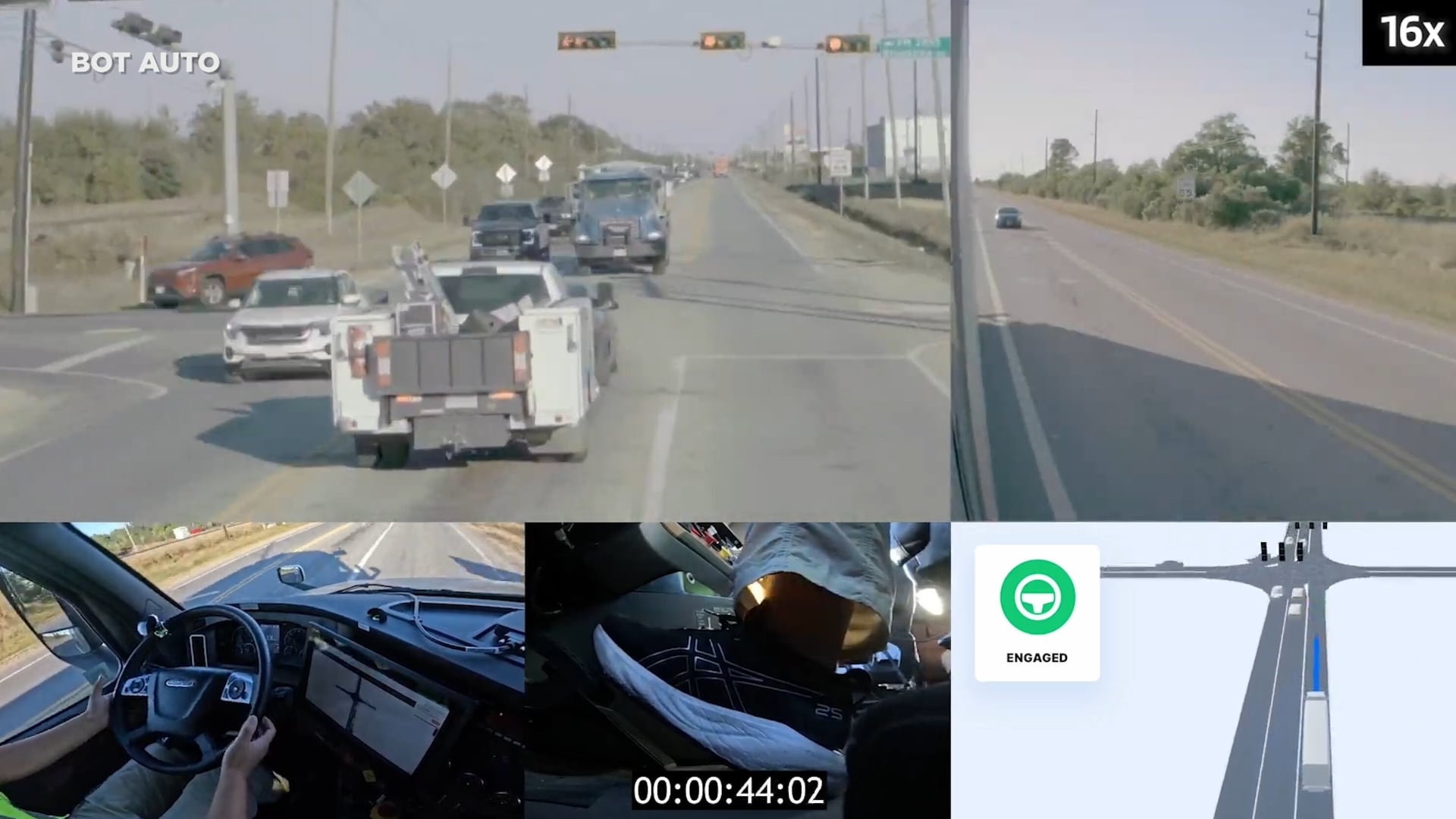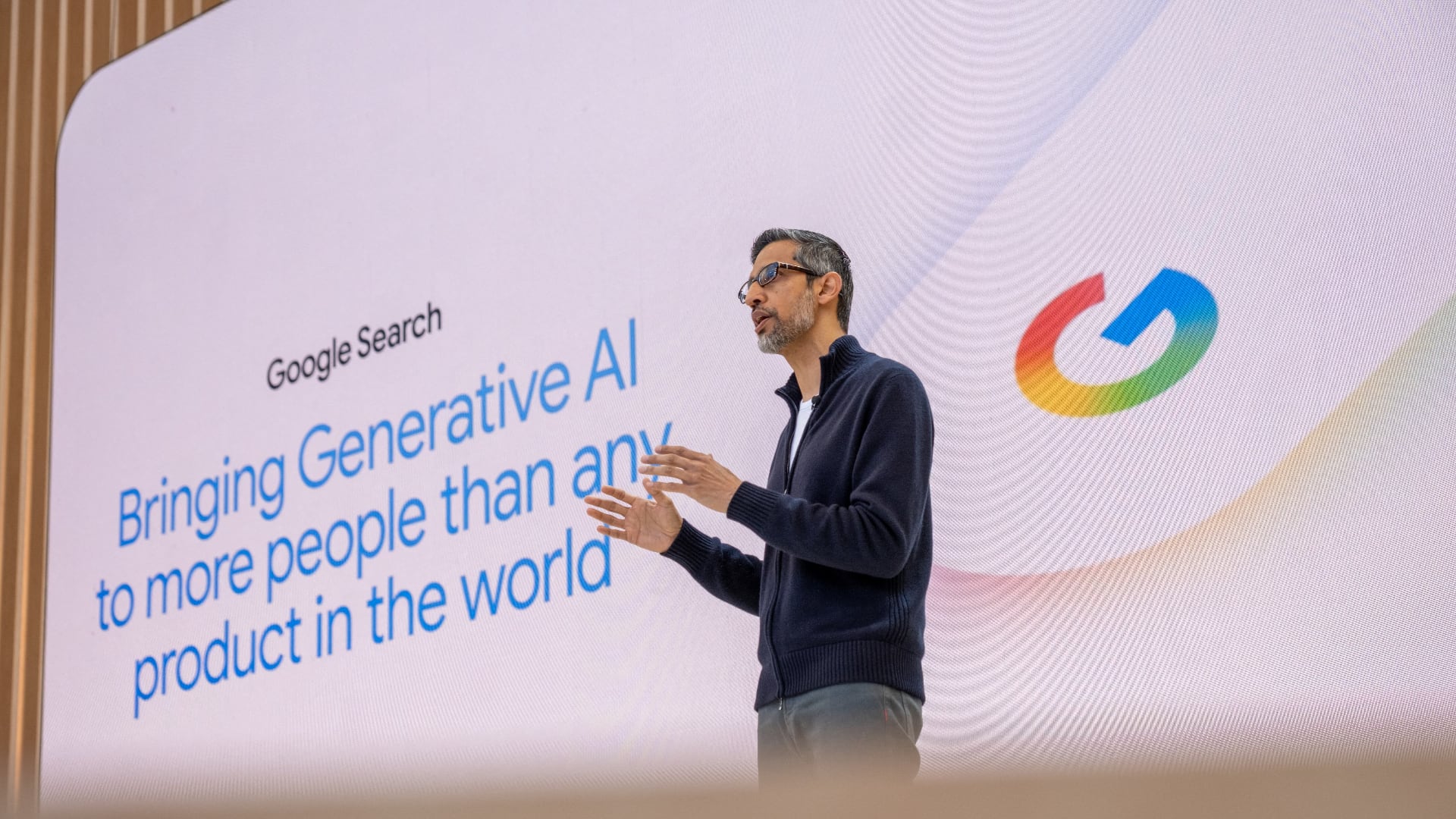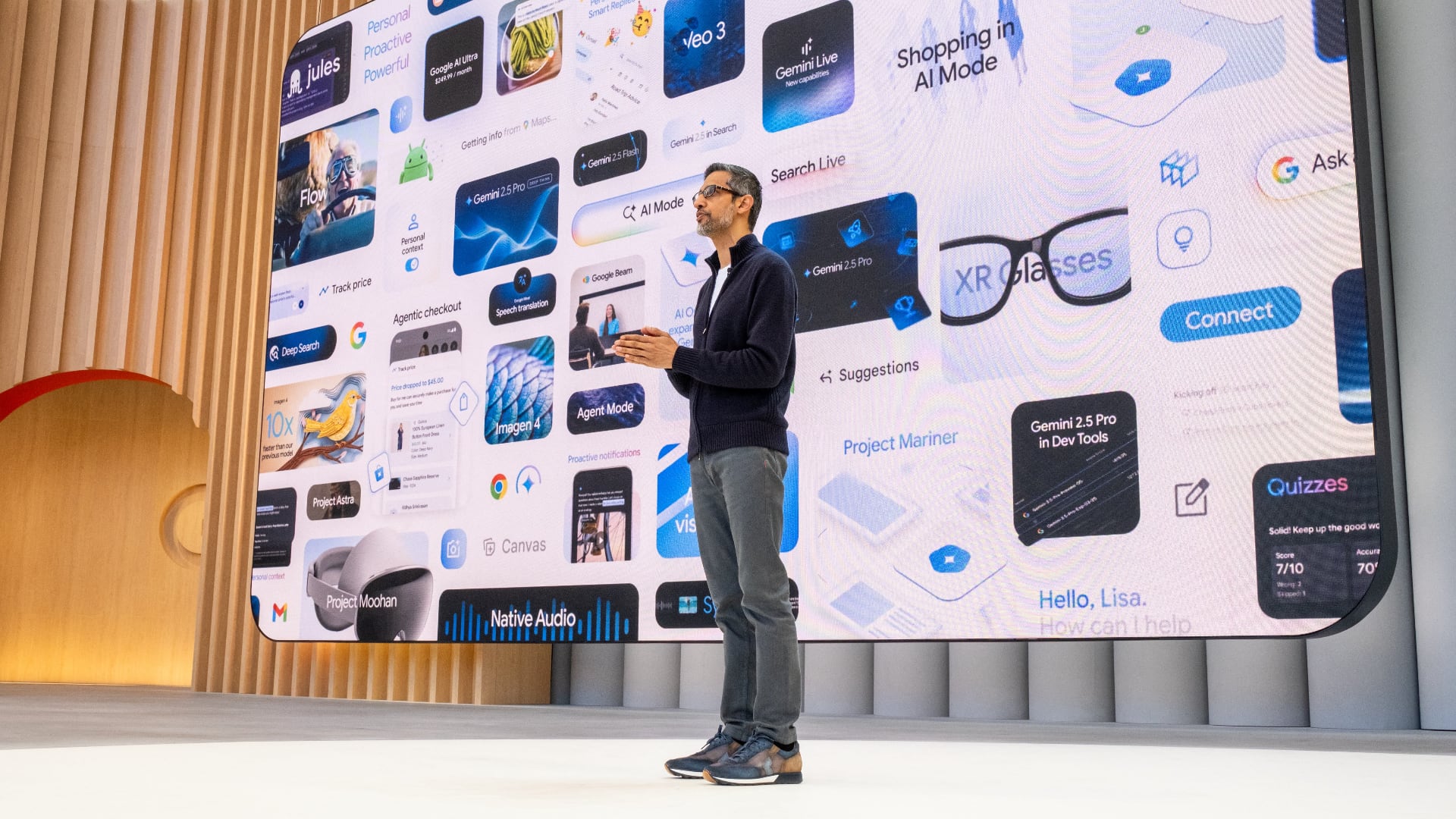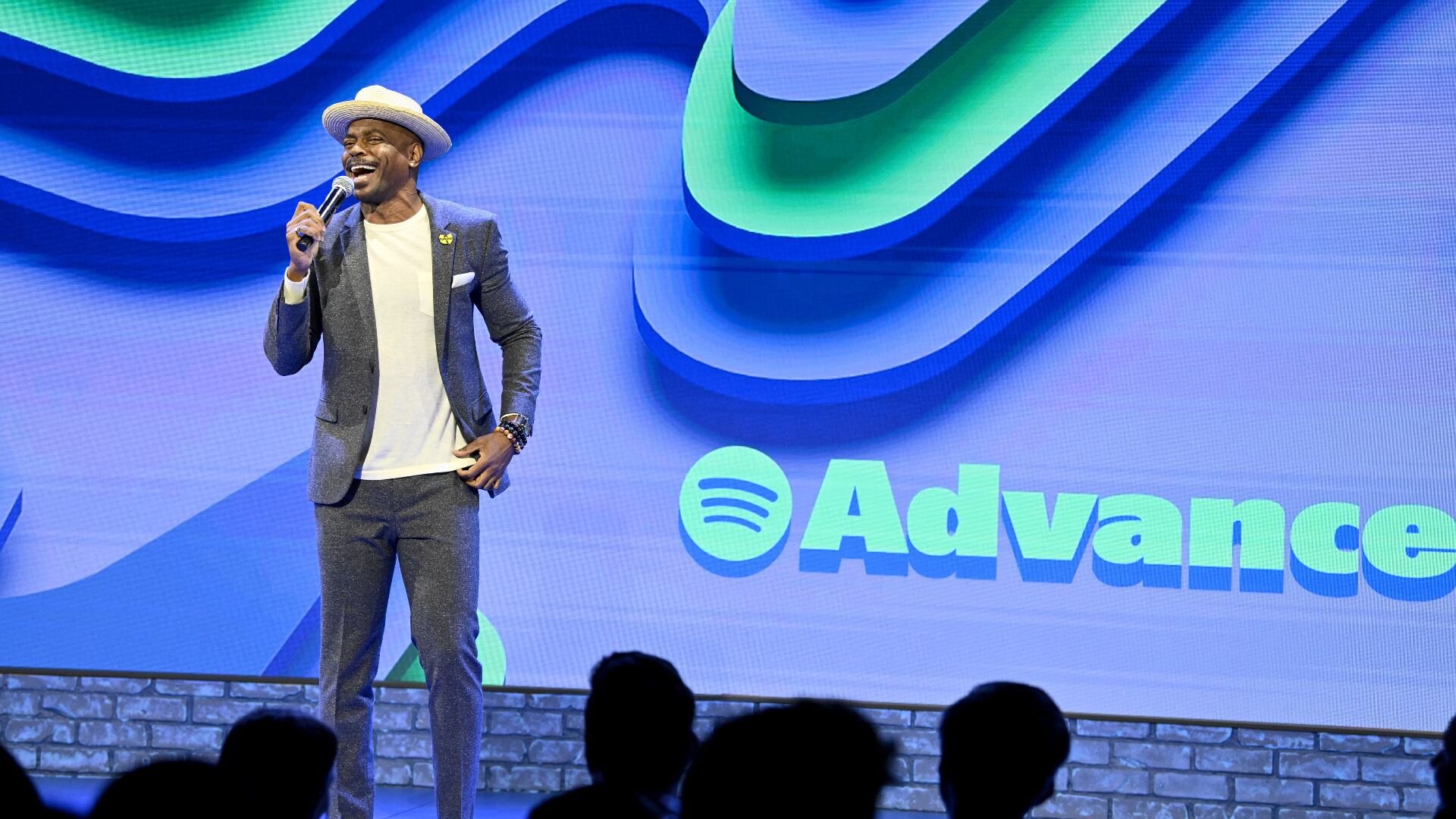The National Highway Traffic Safety Administration (NHTSA) is investigating a tweet from Elon Musk indicating Tesla might allow some customers who are testing the company's "Full Self-Driving" system to disable an alert that tells them to keep their hands on the wheel.
The tweet caught the agency's eye because it is currently investigating whether Tesla's autopilot feature was involved in 11 crashes with emergency vehicles since the company started beta-testing the system in 2021. The electric vehicle maker said earlier this year that 15 percent of the 160,000 Tesla vehicles on U.S. roads are participating in the beta.
Musk has noted multiple times in the past that Tesla vehicles are not ready for fully automated driving. Tesla's website also states that both the Autopilot and Full Self-Driving systems require a “fully attentive driver who has their hands on the wheel and is prepared to take over at any moment.”
Why Tesla would get rid of the alert then is unclear. As part of the broader investigation into the feature, NHTSA has asked Musk to clarify what exactly he meant in the tweet.
NHTSA previously pointed out that numerous Tesla crashes have occurred in which the driver had their hands on the wheel but was still not paying attention, even with alerts telling them to pay attention.
Musk's tweet was a reply to a fan on twitter who proposed that drivers with more than 10,000 miles on the "Full Self-Driving" mode should be able to turn off the so-called "steering wheel nag."
Musk tweeted back, “Agreed, update coming in Jan.”
